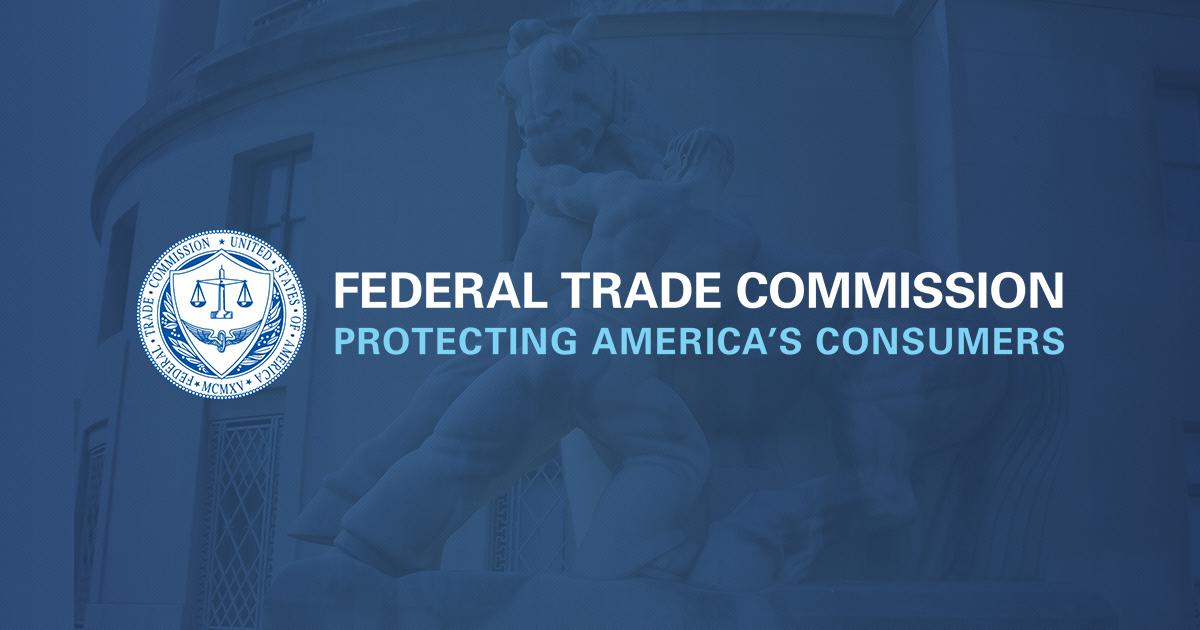The Federal Trade Commission today announced a complaint and proposed consent decree settling charges that a California-based “voice broadcaster” made over 46 million unlawful telemarketing calls. The proposed court order permanently bars the defendants from violating the FTC’s Telemarketing Sales Rule (TSR) and requires them to pay $180,000 in civil penalties.
According to the complaint filed by the Department of Justice (DOJ), since October 1, 2003, Voice-Mail Broadcasting Corporation (VMBC) and its owner, Jesse Crowe, have used automated dialers to “blast” consumers with prerecorded telemarketing pitches. The calls pitched products from debt-consolidation services to mortgage brokerage services and other retail and financial services. When VMBC’s telemarketing calls were answered by consumers rather than answering machines or voicemail systems, VMBC either immediately hung up, leaving consumers with “dead air,” or played a prerecorded message. Such calls violate the TSR, which limits telemarketers’ use of prerecorded messages by requiring that calls answered by a person be connected to a sales representative within two seconds. The FTC’s complaint alleges that VMBC, under the direction of its owner, made more than 46 million calls that violated the TSR.
The consent decree announced today is similar to those previously approved by the Commission in other cases involving the misuse of prerecorded telemarketing messages. The proposed consent decree bars VMBC and its owner from violating the TSR by either hanging up or playing a recorded message when a consumer answers a call, instead of promptly connecting the consumer to a sales person. The proposed consent decree imposes a civil penalty of $3 million against VMBC and its owner, of which all but $180,000 will be suspended based on the defendants’ inability to pay. However, VMBC and its owner will become liable for the full amount if the court finds they misrepresented their financial condition.
The consent decree against VMBC and its owner is the third FTC case challenging telemarketing practices filed in federal district court in Los Angeles in as many months. In November 2007, as part of the FTC’s most recent Do Not Call enforcement sweep, the Commission filed a complaint and consent decree against Ameriquest Mortgage Company for improperly calling consumers on the Do Not Call Registry whose numbers had been obtained from third-party lead-generators, resulting in a $1 million penalty. At the same time, the FTC filed a complaint against Global Mortgage Funding, Inc., for making hundreds of thousands of calls to consumers on the Do Not Call Registry, failing to transmit the required caller ID information, failing to pay the Do Not Call Registry fees, and improperly abandoning calls made to consumers.
The Commission vote approving the complaint and proposed consent decree was 5-0. The complaint and proposed consent decree were filed by DOJ on January 28, 2008, in the U.S. District Court for the Central District of California.
NOTE: The Commission authorizes the filing of a complaint when it has “reason to believe” that the law has or is being violated, and it appears to the Commission that a proceeding is in the public interest. A complaint is not a finding or ruling that the defendants have actually violated the law. Stipulated final judgments are for settlement purposes only and do not constitute an admission by the defendants of a law violation. Stipulated judgments have the force of law when signed by the judge.
Copies of the Commission complaint and stipulated final order can be found as a link to this press release on the FTC’s Web site. The FTC works for the consumer to prevent fraudulent, deceptive, and unfair business practices and to provide information to help spot, stop, and avoid them. To file a complaint in English or Spanish, click: http://www.ftc.gov/ftc/complaint.shtm or call 1-877-382-4357. The FTC enters Internet, telemarketing, identity theft, and other fraud-related complaints into Consumer Sentinel, a secure, online database available to more than 1,600 civil and criminal law enforcement agencies in the U.S. and abroad. For free information on a variety of consumer topics, click http://ftc.gov/bcp/consumer.shtm.

